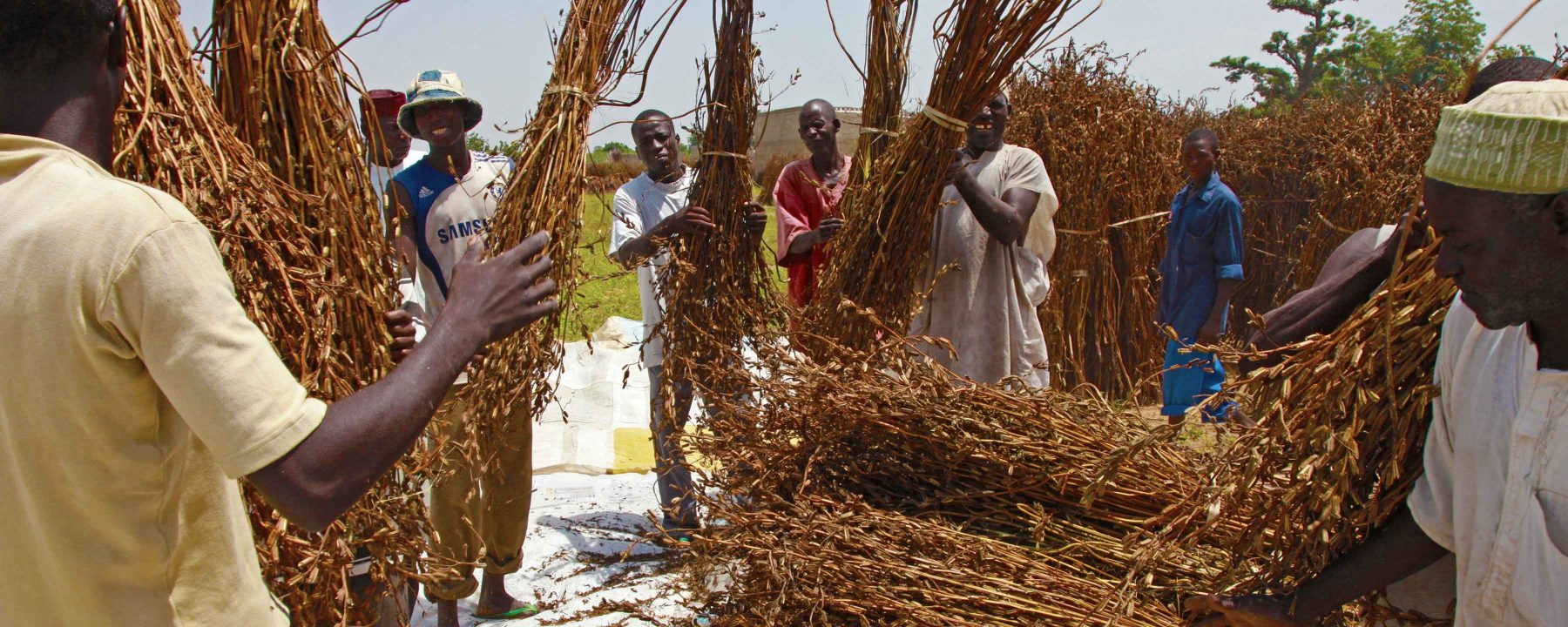Strengthening Resilience
Feed the Future strengthens resilience so people can mitigate risks, adapt to shocks and stresses and recover in the face of adversity that would otherwise push them back or further into poverty and hunger. In regions like northeastern Nigeria that are vulnerable to insurgencies, Feed the Future is working to strengthen the resilience and food security of local communities.
As insurgent organizations, primarily ISIS West Africa (Boko Haram), use economic incentives like business loans as a recruitment tool, Feed the Future helps provide economic alternatives to these activities and reduce the recurring need for humanitarian assistance.
Feed the Future also works with the Government of Nigeria’s Emergency Management Agency, relevant United Nations agencies and the Permanent Interstate Committee for Drought Control in the Sahel to conduct post-harvest and flood assessments for early warning systems.




